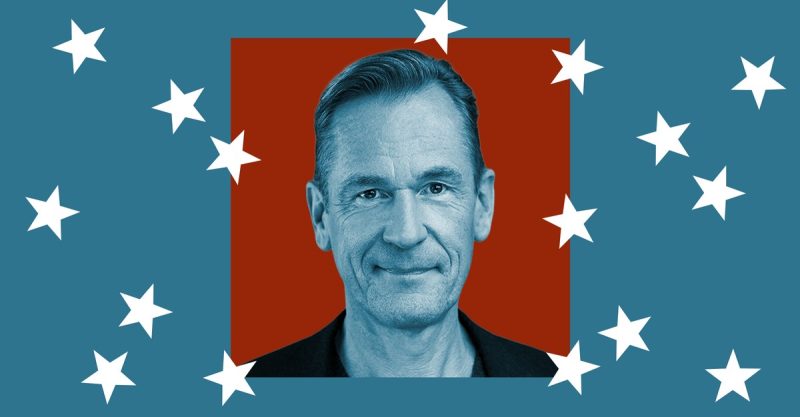
Garry Kasparov, in his podcast *Autocracy in America*, sits down with Mathias Döpfner, CEO of Axel Springer, to discuss the state of European democracy and Germany’s role in the world. Döpfner, speaking from an office building literally built on the former site of the Berlin Wall, paints a picture of a continent grappling with internal divisions and external threats.
He highlights a global ‘freedom recession,’ noting the decline of formerly free countries and the relative strength of authoritarian regimes. Döpfner acknowledges Germany’s post-reunification complacency and the lingering East-West divide, emphasizing the need for bold leadership to address economic challenges and migration issues.
The conversation delves into Germany’s historical baggage and its reluctance to assume a leadership role in Europe. Döpfner points to the trauma of the Third Reich as a factor contributing to this hesitation, but also notes the irony that the world expects German leadership. He stresses the importance of overcoming this historical guilt while learning from past mistakes, arguing for a proactive approach to defending the open-society model.
Kasparov and Döpfner discuss Germany’s decision to abandon nuclear energy, a move Döpfner describes as one of the most irresponsible decisions in postwar history, inadvertently bolstering Russia’s energy dominance and funding Putin’s aggression. The rise of far-right and far-left extremism in Germany is also addressed, highlighting the threat they pose to democracy and European integration.
The discussion extends to the geopolitical landscape, focusing on the roles of the United States, China, and Russia. Döpfner views Europe as a ‘sleeping beauty,’ possessing immense potential but lacking the necessary energy and ambition to realize it. He expresses concern over Europe’s slow response to the war in Ukraine, questioning the continent’s willingness to actively counter Russian aggression.
Döpfner speculates on the possibility of a future realignment in European-American relations, but acknowledges the challenges of the current situation. He believes Germany has the capability to lead a new defense alliance, but questions whether the country possesses the political will to overcome its historical hesitations and assume a more assertive military role. The possibility of Germany developing nuclear weapons is deemed unlikely, leaving the question of who will provide the nuclear umbrella in a post-Trump world.
The conversation concludes with a hopeful, albeit cautious, outlook. Döpfner envisions a future where strong German leadership fosters a stronger Europe, capable of working in concert with the United States to counter threats from China and Russia, and ultimately strengthening the global democratic order. He emphasizes the need to prepare for the worst while maintaining a vision for a more robust and unified Europe.










